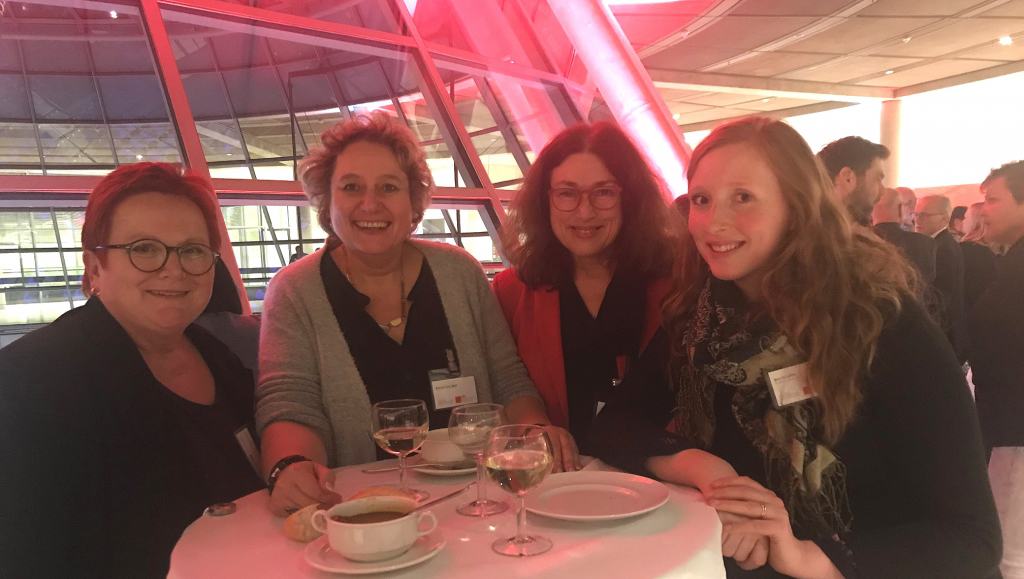In Berlin, 8 March – International Women’s Day – is now a public holiday. The city’s Chamber of Deputies voted in favor of the plan in January! It isn’t the worst of ideas if you ask me.
The event “100 years of women’s suffrage – our goal is parity”, which the parliamentary group of the Social Democratic Party (SPD) held in February once again reminded me that everything we as women take for granted today has actually been achieved only after tough struggles. Some examples are the right to vote, equality as a constitutional principle, the right to work without having to ask permission from one’s husband or the classification of rape in a marriage as a crime.
EQUALITY: NOT SELF-EVIDENT
It is somewhat frightening that once upon a time, society did not grant these freedoms, which today are considered by most to be self-evident. And indeed, we still haven’t fully achieved equal rights. I know from countless conversations that the glass ceiling, which keeps women from reaching the executive suite, persists. The fact that the composition of many management and supervisory boards remains very unequal also speaks volumes. In many places, as the so-called “MeToo” debate has made abundantly clear, power gaps persist at the expense of women.

Social Democrats: Elke Ferner, Kerstin Tack, Monika Griefahn, Nora Griefahn (l-r).
But nevertheless: there is a lot to celebrate on this 8 March, especially the courageous (social-democratic) women of a century ago: Marie Juchacz, Clara Zetkin – who in 1889 formulated her demand for a right to vote and the right to a free career choice – and Luise Zietz, who together with Clara Zetkin was the first woman to become a member of the SPD’s leadership.
HISTORICAL SPEECH
At the event of the SPD’s parliamentary group, Marie Juchacz was commemorated by the actress Esther Schweins. She held Jucharcz’s historical speech, the first ever held by a woman in a German parliament. It was precise, sharply worded, demanding, constructive and confident, just as Juchacz must have originally delivered her words.
At the time, women’s rights activist pointed out that “it was the first Social Democratic government that put an end to the political immaturity of German women.” 100 years ago, the party called for an active role of women in political and administrative offices. It also identified school, youth and social issues as topics for which it considered women to be “particularly well-suited”. Indeed, today they still are the areas in which women are predominantly found. Maybe this is the fight we have to engage in today: to prove that these aren’t the only fields in which women have expertise.
AWARD FOR WOMEN’S POLLING STATION
In honor of Juchacz, the SPD parliamentary group awarded the Marie Juchacz Prize this evening. The Women’s Polling Station (Frauenwahllokal), an events and exhibition space in the city of Potsdam, received the 1500 Euro prize for its commitment to inform about the history of the women’s movement.
The evening was balm for the soul of a woman and a Social Democrat: as women, we can look back with confidence at what we have achieved and how we have enriched society in the process. From this we can draw strength for the battles that still are ahead of us. And as Social Democrats we do not have to be timid about ourselves, nor about the politics we stand for and which we also try to implement as part of the current grand coalition.
Esther Schweins giving Marie Juchacz’ speech
Frauenwahllokal, the winners of the Marie Juchacz Award
Position paper of the SPD Bundestag faction on 100 years of women’s suffrage (German)
 Monika Griefahn GmbH
Monika Griefahn GmbH
Leave a Reply